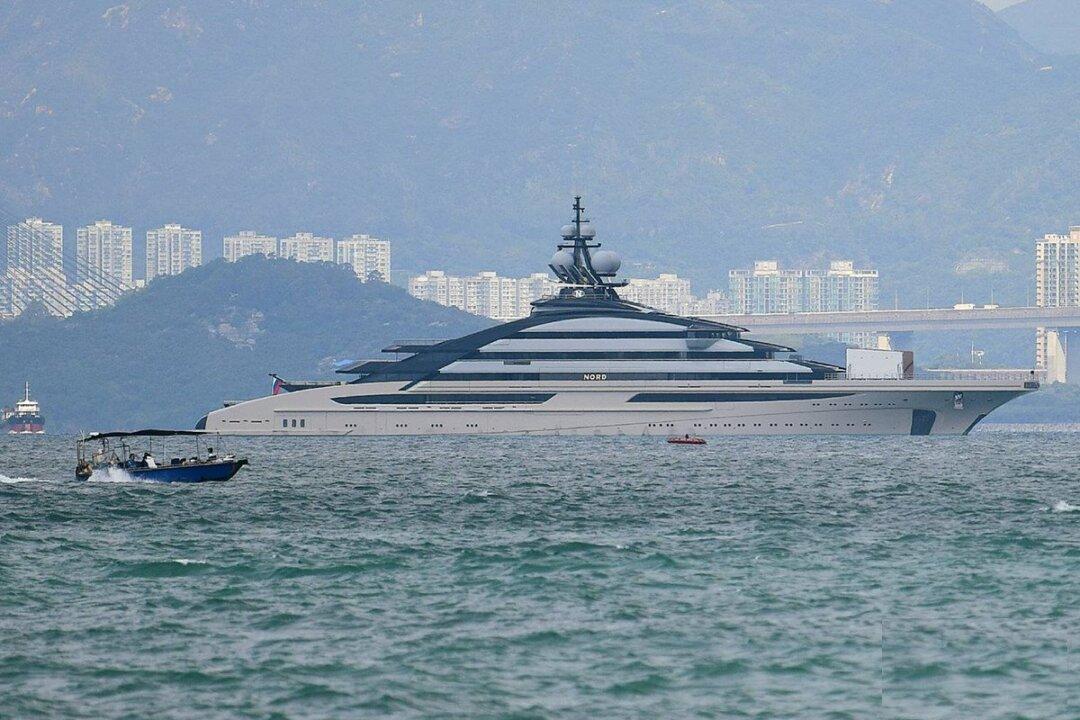Commentary
A substantial amount of data indicates that Hong Kong has become a crucial link in the supply chain for high-tech products, including semiconductors, supplied by the Chinese Communist Party (CCP) to Russia.

A substantial amount of data indicates that Hong Kong has become a crucial link in the supply chain for high-tech products, including semiconductors, supplied by the Chinese Communist Party (CCP) to Russia.